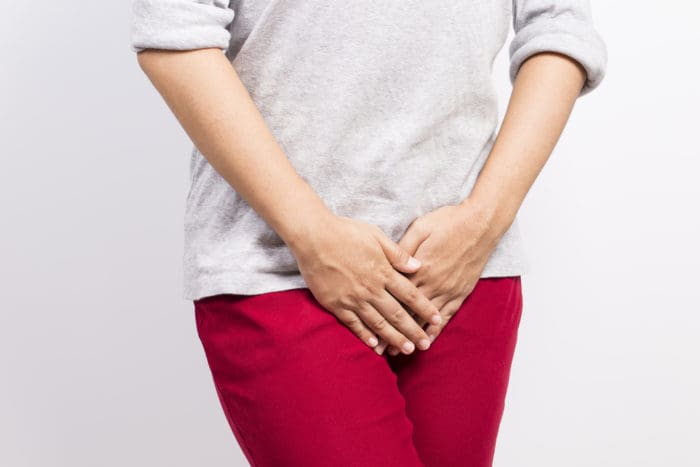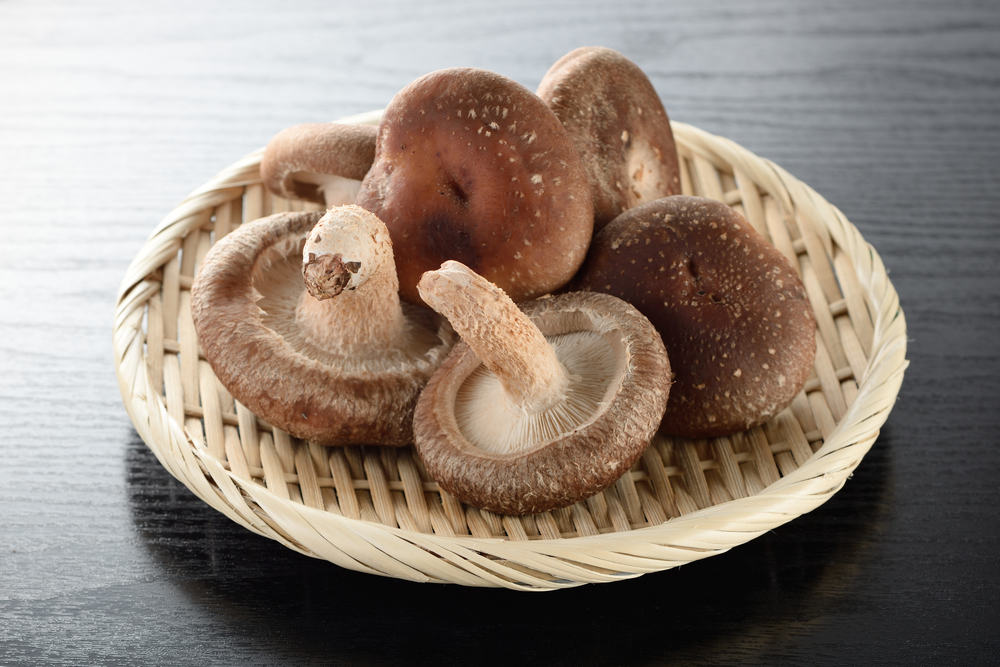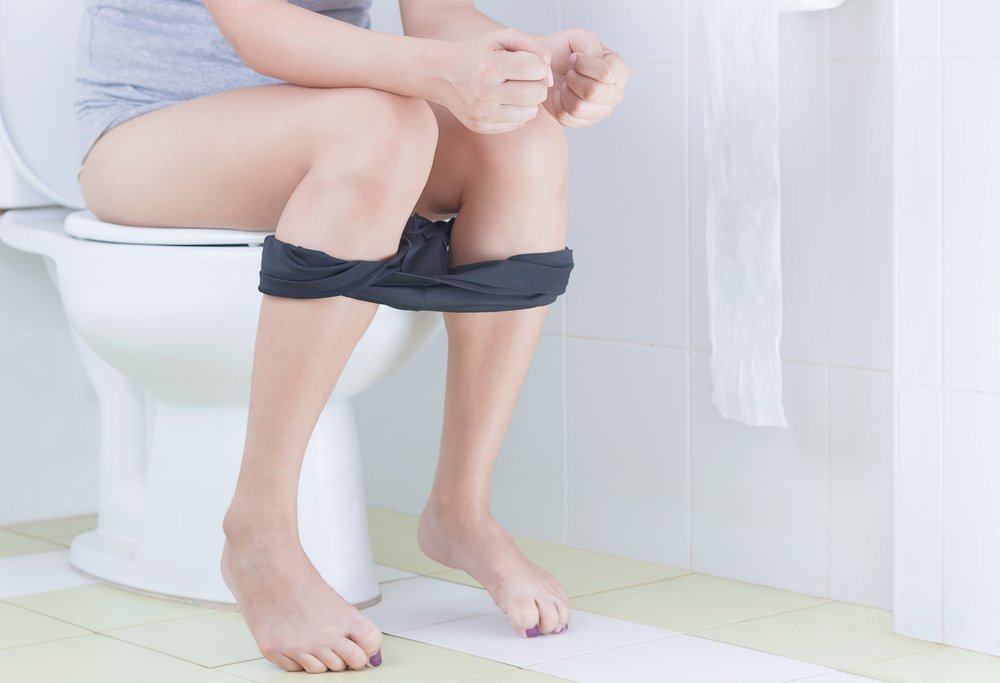Contents:
- Medical Video: Symptoms of a UTI
- Why are menopausal women prone to urinary tract infections?
- Treatment of urinary tract infections in menopausal women
- 1. Antibiotics
- 2. Estrogen
- 3. suppressive therapy
- 4. Painkillers
- How to prevent urinary tract infections in menopausal women
Medical Video: Symptoms of a UTI
Urinary tract infections can occur in anyone, but are more often experienced by women. In fact, postmenopausal and postmenopausal women are more at risk for this infection than women who have not yet menopause. What caused it? How to treat and prevent urinary tract infections in menopausal women? You can find all the answers in the following review.
Why are menopausal women prone to urinary tract infections?
Reporting from Prevention, women are eight times more at risk of urinary tract infections than men. The reason is that women have a short urethra (the last channel that removes urine outside the body) so that the bacteria more easily enter and infect the urinary tract.
Urinary tract infections in women consist of two types, namely upper and lower urinary tract infections. Lower urinary tract infections are characterized by abdominal pain, pressure in the pelvis, and pain during urination. While the upper urinary tract infection that has spread to the kidneys will be more difficult to treat. Symptoms include back pain, fever, and nausea.
The hormone estrogen has its own role in the female urinary tract, which triggers the bladder to produce natural antimicrobial substances. When estrogen decreases at menopause, the production of antimicrobials will gradually decrease.
As a result, the body's defense system becomes weaker when fighting bacteria that cause infection. So, it's no wonder that menopausal women become more susceptible to urinary tract infections.
Treatment of urinary tract infections in menopausal women
Urinary tract infections in women need to be treated as soon as possible. Because if not, the infection will develop into chronic and cause complications. So, immediately consult a doctor to get treatment.
Some types of drugs that doctors may prescribe include:
1. Antibiotics
Antibiotics are one type of drug that is widely prescribed to treat urinary tract infections in women. Even though the symptoms of the infection have subsided, you still need to spend the rest of the antibiotics so that the infection does not recur.
2. Estrogen
For postmenopausal women, administration of estrogen can help strengthen vaginal tissue, increasing the growth of good bacteria Lactobacillus, and reduce vaginal pH. This is very useful for reducing the growth of bad bacteria that can infect the vagina.
3. suppressive therapy
If you have had urinary tract infections many times, your doctor may prescribe low-dose antibiotics for six months. As for severe infections, doctors will usually recommend the drug be continued for up to five years while continuing to consult with a doctor.
If urinary tract infections in women are caused by inadvertent sex, doctors may be suppressive. Therefore, consult your illness regularly to the doctor to monitor its progress.
4. Painkillers
The phenazopyridine type of drug can help relieve the symptoms of urinary tract infections in the form of pain and a burning sensation when urinating. Side effects of this drug can make the color of urine turn reddish orange or brown. So, don't worry if your urine color immediately changes because it is a natural thing to happen.
How to prevent urinary tract infections in menopausal women
Precautions will certainly be far better than cure. Various effective ways to prevent urinary tract infections in menopausal women are:
- Drink a lot of water. In order not to get urinary tract infections easily, make sure you meet your fluid needs every day. A well-hydrated body will more easily remove bacteria from the urinary tract when urinating.
- Keep your vagina clean. When urinating, clean the vaginal area from front to back to prevent the transfer of anal bacteria to the vagina. In addition, urinate immediately after sex to clear bacteria that might be left in the vagina.
- Drink juice or Cranberry supplements. Cranberries contain proanthocyanidine, a polyphenol compound that can prevent bacteria from sticking to the walls of the urinary tract. Drink a glass of pure cranberry juice every day or replace it with a supplement if you don't like the sour taste.
- Probiotics. For those of you who have had urinary tract infections before, taking probiotics can help prevent recurrent infections. Choose yogurt or kefir which contain good probiotics to maintain the health of your urinary tract.















